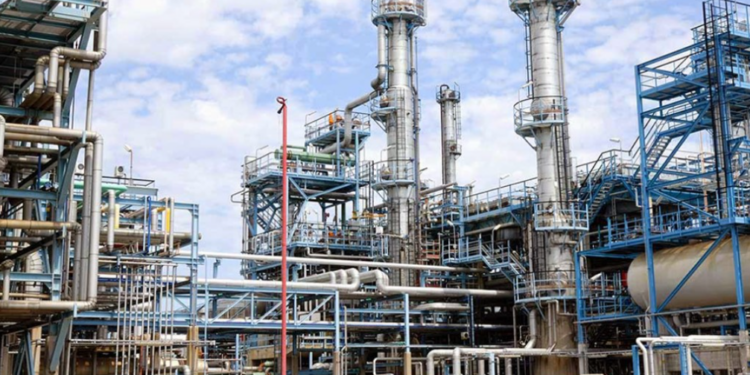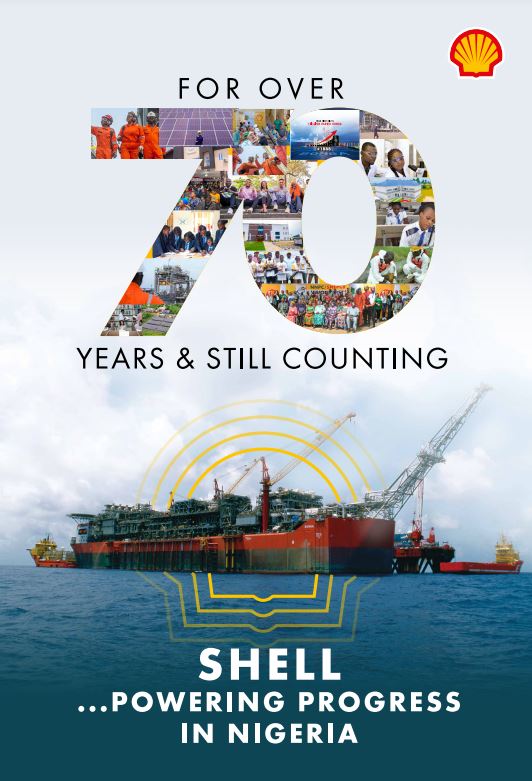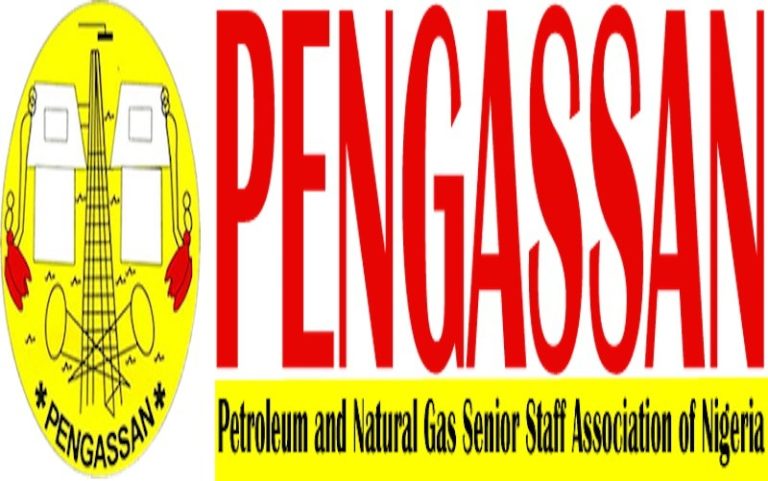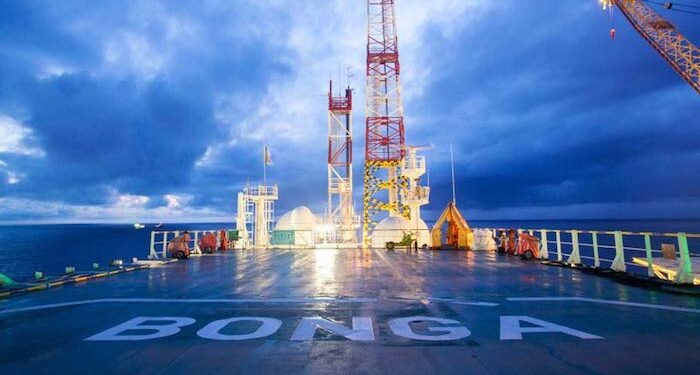
“CRUDE OIL SHORTAGE CRIPPLES NIGERIA’S REFINERIES, CAPACITY PLUMMETS 42%”

GREATRIBUNETVNEWS–A continued shortfall in crude oil supply to domestic refiners has kept the capacity utilisation of refineries at just 57.8%, leaving over 42% of Nigeria’s installed refining capacity idle.
THIS POST IS SPONSORED BY SHELL NIGERIA

Here are the key data points supporting the claim that crude shortage has impacted Nigeria’s refining capacity :
– Installed Refining Capacity: 1,214,000 barrels per day across 10 operational refineries
– Current Capacity Utilization: 57.8%, leaving over 42% of Nigeria’s installed refining capacity idle
– Combined Refining Output: 701,692 barrels per day
– Required Additional Barrels: 512,308 barrels per day to operate at full capacity
– Domestic Crude Supply Obligation: 770,500 barrels per day (23.8 million barrels monthly) for the first half of 2025
– Refineries Affected: Dangote Petroleum Refinery Company, Aradel Refinery, Opac Refinery, Waltersmith Refining & Petrochemical Limited, Duport Midstream Limited, Edo Refining and Petrochemicals Company Limited, Port Harcourt Refining Company (New), Warri Refining & Petrochemical Company, Kaduna Refining & Petrochemical Company Limited, and the old Port Harcourt Refining Company.
Commenting in an earlier interview with a journalist, the National Publicity Secretary of the Crude Oil Refinery-owners Association of Nigeria, Eche Idoko, said the persistent unavailability of crude oil has significantly hindered investments in the establishment and full capacity operations of seven new and existing refineries across the country.
He also warned that without a steady and reliable supply of crude, the ambitious objective to attract investors and investments aimed at boosting local refining capacity and reducing dependence on imports may remain elusive.
The national officer explained that these facilities are currently unable to scale past the final investment decision stage because they cannot secure a source of feedstock.
Idoko said, “The major challenges that investors have had with completing the proposed plants in Nigeria is that a lot of these plants need to get past the Final Investment Decision stage and for them to pass this stage, which is the final financial investment stage, they would have to guarantee and allay the fears of investors on some challenges.
“And one of the major fears that they have is the availability of crude. So crude availability is a major issue, and the news making the rounds about the unavailability of crude to refineries that are already operating is not making our case easier.”
The document further indicated that Nigeria’s gas processing plants fared slightly better, with a utilisation rate of 63 per cent from an installed capacity of 6.1 billion standard cubic feet per day.
However, gas transportation and distribution networks remain weak, operating at just 25 per cent and below 30 per cent, respectively.
The downstream infrastructure review also revealed that product depots have a capacity utilisation of less than 50 per cent, while LPG/CNG facilities are above 85 per cent capacity due to growing market demand.
It further disclosed that retail outlets have increased to 22,681 stations, but face “huge redundancy” owing to slow market growth.
New licensing data also indicate a drive toward revamping the sector, with 30 new Large-Scale Technical and 47 Large-Scale Environmental refinery project licences issued.







